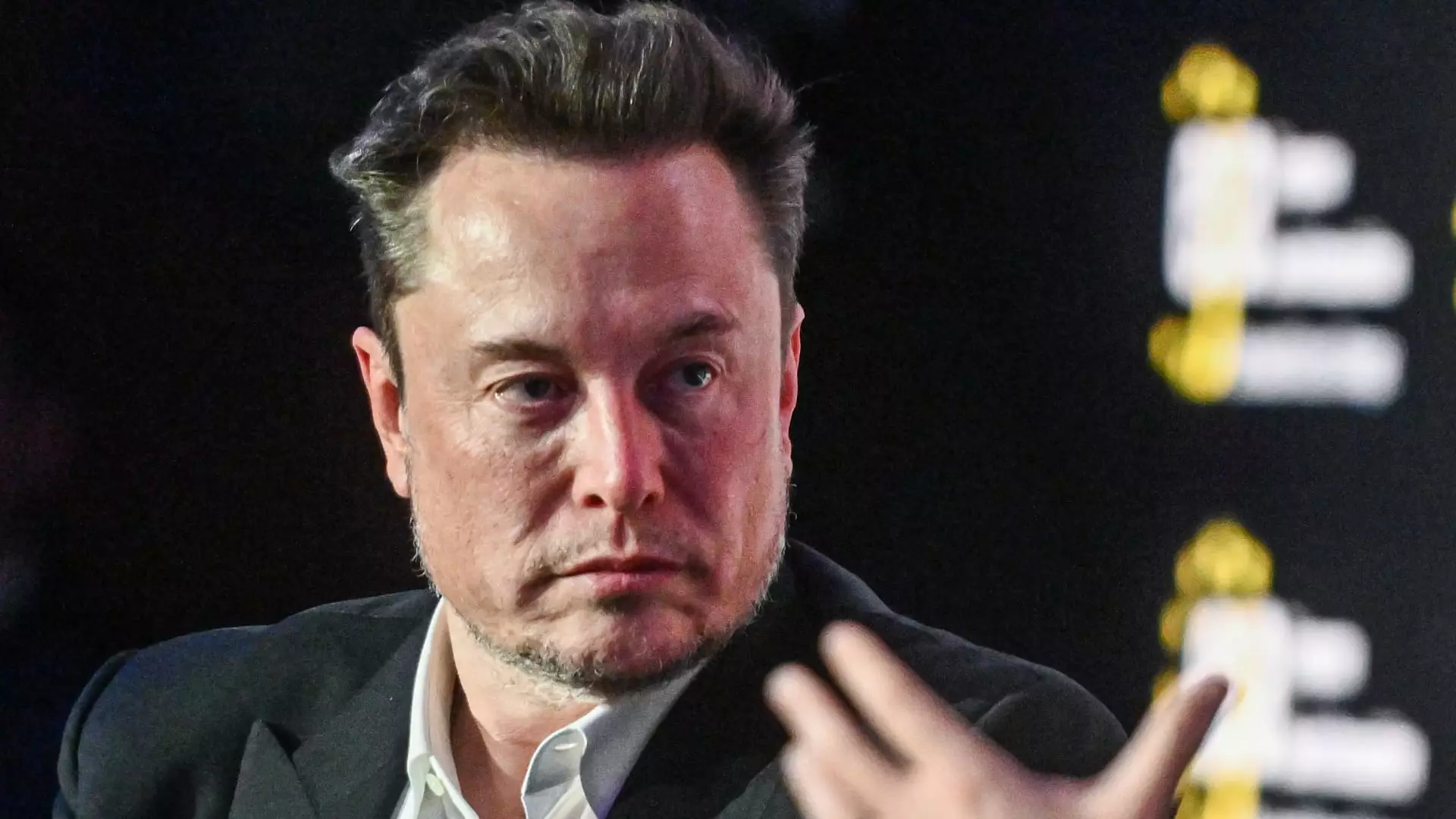Tesla, the renowned electric vehicle manufacturer, has agreed to pay a fee of $1.5 million to settle a civil lawsuit concerning the mishandling of hazardous waste materials at its facilities in California. Despite the substantial settlement amount, it is worth noting that this figure is relatively insignificant for Tesla, considering the company’s reported net income of $7.93 billion during the fourth quarter of 2023. However, Tesla has refrained from responding to the request for comment regarding this matter.
The lawsuit, formally titled “The People of the State of California v. Tesla Inc.,” was filed by district attorneys representing 25 counties in California. The complaint lodged by the district attorneys accuses Tesla of intentionally disposing of hazardous waste at unauthorized and ill-equipped locations. The hazardous materials involved in this alleged mishandling ranged from spent lead acid batteries to various substances such as paint and lubricants used in auto repairs and manufacturing.
Furthermore, the lawsuit claims that Tesla frequently failed to adequately label containers of hazardous materials and neglected to provide proper training to its employees for handling such waste. The settlement fee of $1.5 million encompasses $1.3 million in civil penalties and an additional $200,000 to cover the investigative costs associated with the case.
San Francisco District Attorney Brooke Jenkins, in a press statement, announced the terms that Tesla must comply with as part of the settlement. Tesla is now legally obligated to follow a detailed injunction for the next five years. This injunction mandates that the company ensures proper training of its employees in handling hazardous materials. Additionally, Tesla must hire a third-party entity to conduct annual waste audits on its trash containers at ten percent of its facilities each year, for the duration of the injunction.
These waste audits will be carried out for a period of five years and will involve thorough inspections of Tesla’s trash containers to identify any potential hazardous waste. By implementing these measures, Tesla aims to demonstrate its commitment to environmental responsibility and sustainable waste management practices.
Despite Tesla’s avowed mission to expedite the world’s transition to sustainable energy, the company and its CEO, Elon Musk, have faced allegations of environmental hypocrisy in the past. The Political Economy Research Institute’s ranking, which lists Tesla as the 89th highest air polluter in its “Toxic 100” ranking, based on data from 2021, is one example of such allegations.
Moreover, independent researcher Jack Sweeney, through his social media accounts including ElonMusksJet on Threads, has tracked Musk’s frequent use of a private jet and the associated greenhouse gas emissions. These allegations have further contributed to the criticisms surrounding Tesla’s commitment to environmental concerns.
It is worth noting that in 2022, Tesla paid a $275,000 penalty to the Environmental Protection Agency (EPA) after the agency discovered that the company had violated air toxic emission standards for three consecutive years at its vehicle assembly plant in Fremont, California.
Although this hazardous waste lawsuit represents a setback for Tesla, it is crucial to acknowledge the company’s willingness to resolve the matter through a settlement. By paying the substantial fee and agreeing to the enforced injunction and waste audits, Tesla is taking steps to address the allegations against them and demonstrate its commitment to responsible waste management practices. As the lawsuit concludes, it is hoped that Tesla will work diligently to improve its environmental record and uphold its mission of driving the transition to sustainable energy.


Leave a Reply